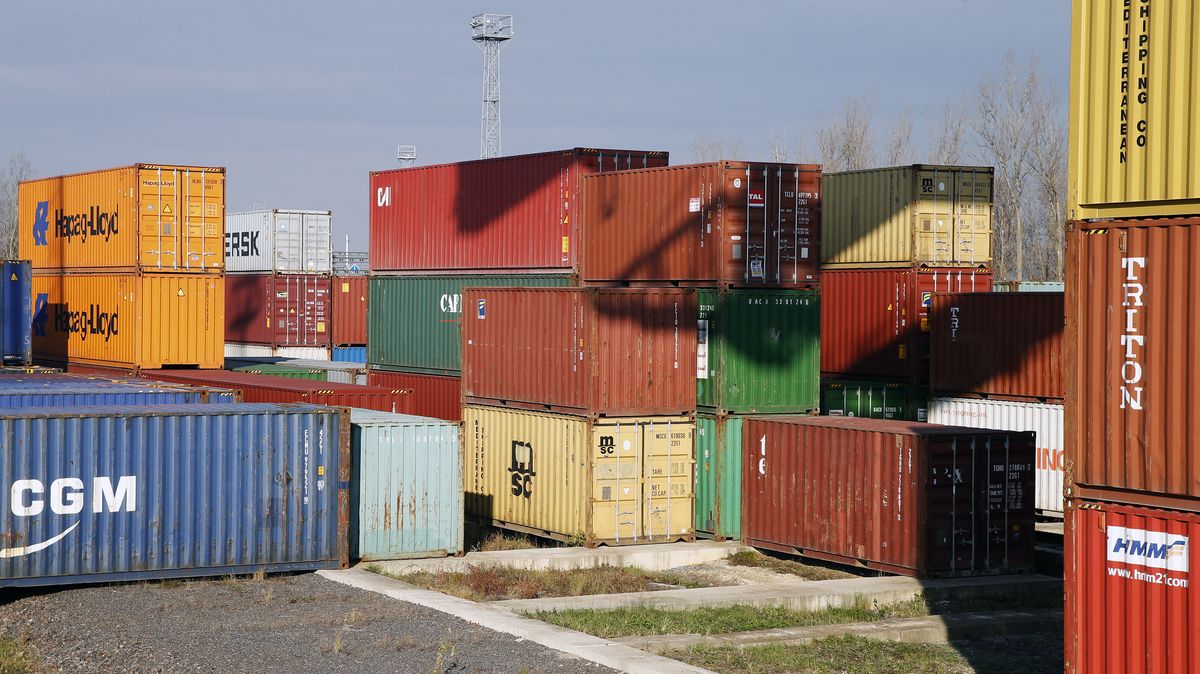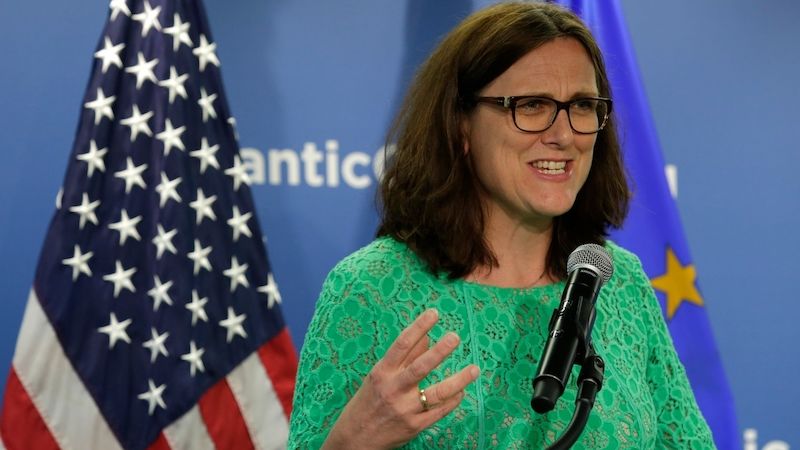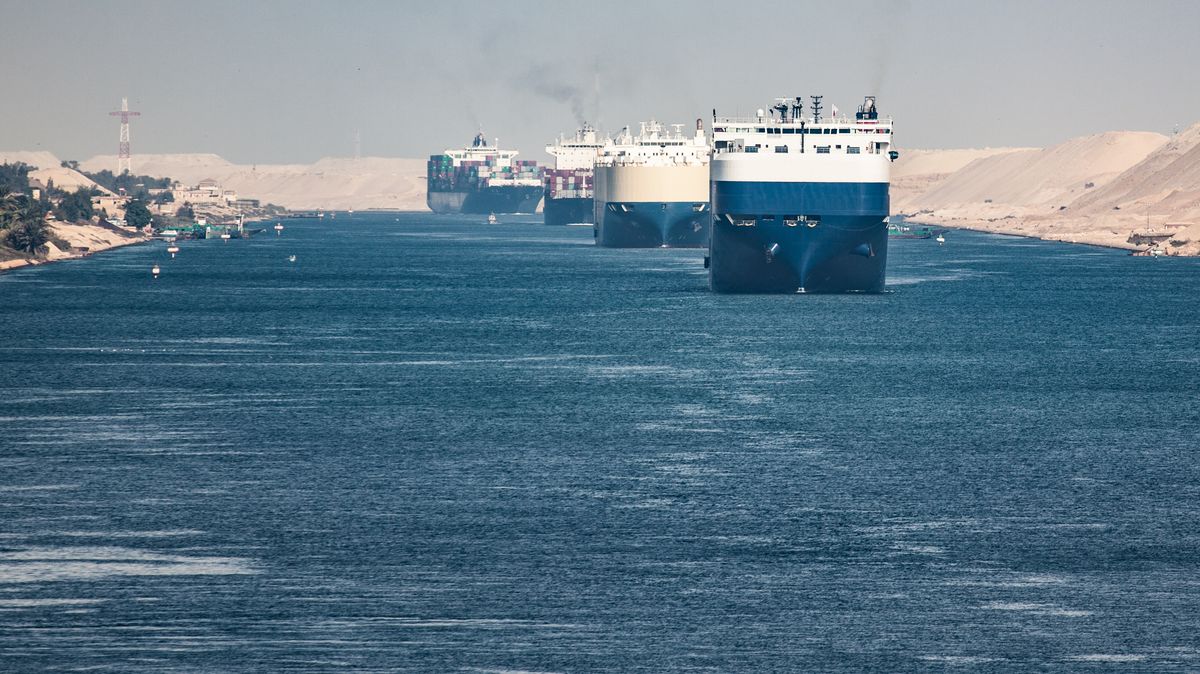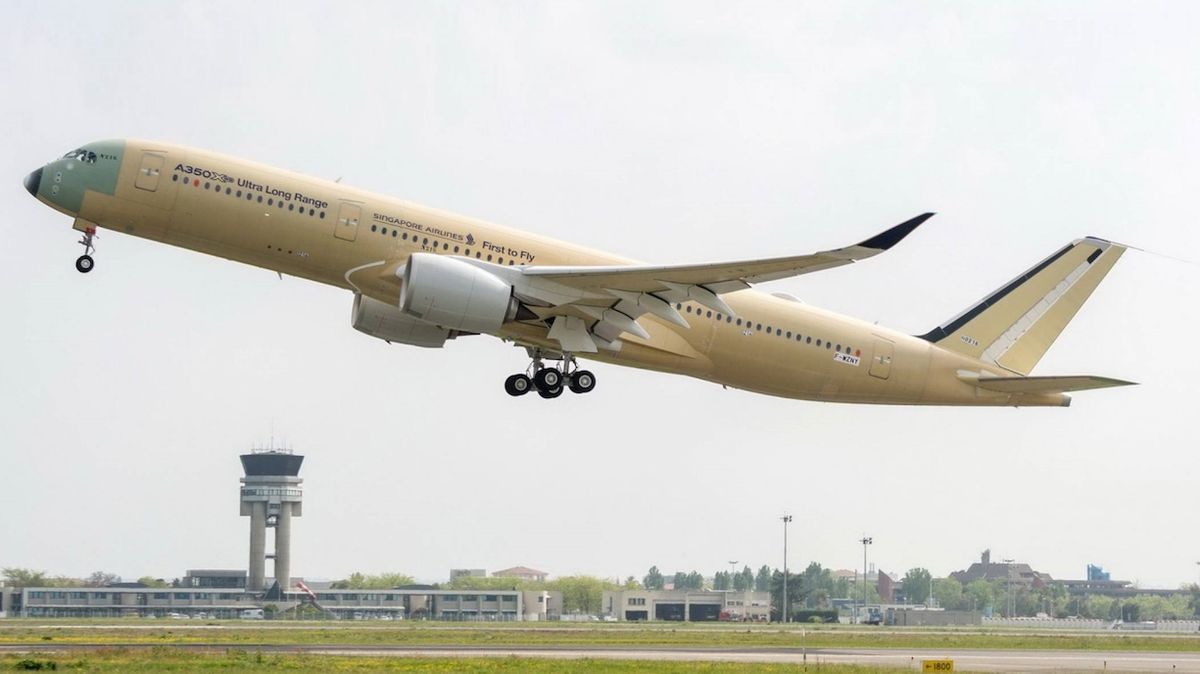Europe is preparing for its harshest winter in decades. Union frantically looks for ways to manage the energy crisis. If countries are unable to reach an agreement, there is a risk that individual countries will find their own solutions, perhaps even at the expense of other countries. Moreover, this is not a short term problem. The following years are likely to be more challenging. Filling an empty reservoir without Russian gas is a difficult task at least next spring. Liquefied gas tankers circling the shores of Europe and terminals searching in vain attest to the fact that new complications are still emerging.
However, the key to Europe’s future will not only last in the years to come thanks to gas from Qatar, the United States or Norway. We will only rest when – and if – we can become energy independent. At the same time, it is difficult to do without the rare raw materials that the African continent has. So if we don’t want to tie ourselves to another autocratic regime after Russia, this time from the Middle East or China.
Economic change alone does not lead to energy independence. Not only trade ties were adjusted, but also the entire world order, in which the old continent would have a new place. To be stable, it is necessary to change the mental attitude of Europeans.
How complex the task is, documenting the unfortunate statement of the head of European diplomacy, Joseph Borrell. A few days ago, in a speech in Bruges, Belgium, he said these words: “Europe is a garden. We build a garden where everything works. It is the best combination of freedom, economic prosperity and social cohesion…” And so on: “Most of the world is forest, and forests can invade parks. Gardeners have to take care of the garden, but they cannot do that by building walls…because the walls will never be high enough to protect the garden.” By encouraging Europeans to be more interested in the rest of the world, this was rotten thinking, which turned into a clumsy endeavor. for a metaphor, he does not save.
It’s not hard to guess how these statements resonate in the “forest” itself. And we want to say something about goats and gardeners to the person in charge of European foreign policy, while we talk about the rural example. Joseph Borrell is now being criticized for his “colonial language”, and in the United Arab Emirates, for example, they called on the head of the EU mission to explain. Not surprisingly, Moscow is also joining the reservation…
Africa is important to Europe’s future and Putin knows it. Russia has wielded great influence there since the days of the Soviet empire. He supplies weapons, he supplies money. The result was a vote at the United Nations, in which twenty African countries refused to condemn the war in Ukraine. And where the Kremlin’s influence does not reach, China tries to dominate.
It is important that we in the Czech Republic also understand what Borrell went wrong. Yes, we are not burdened by the colonial past, but we do use “banana republic”, “like somewhere in Africa” or even “Balkans” as a measure of alleged underdevelopment by nature, or even with gusto. Our view of the world map is very selfish. The pride of the white continent, which has “cultured” the “exotic” areas for centuries, and continues to think about them here with the same zeal, is almost inextricable from us.
If we are to protect the values we are so proud of in Europe, we need to win over African regimes that have enormous mineral wealth on our side. At the same time, we cannot think that they will come to us on our own, perhaps grateful for the fact that we took the liberty to deal with them. Either they will become real partners for us, or the garden that Mr. Borrell won’t have anything to take care of any time soon.

“Tv nerd. Passionate food specialist. Travel practitioner. Web guru. Hardcore zombieaholic. Unapologetic music fanatic.”







